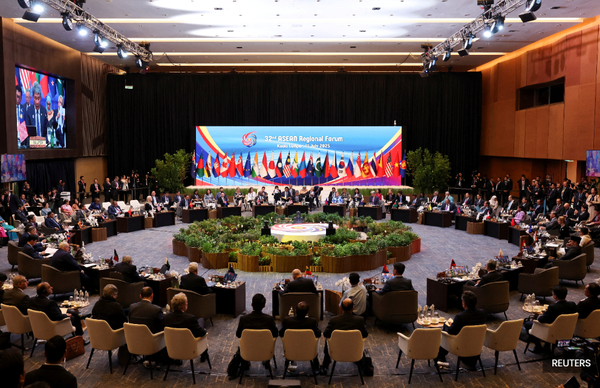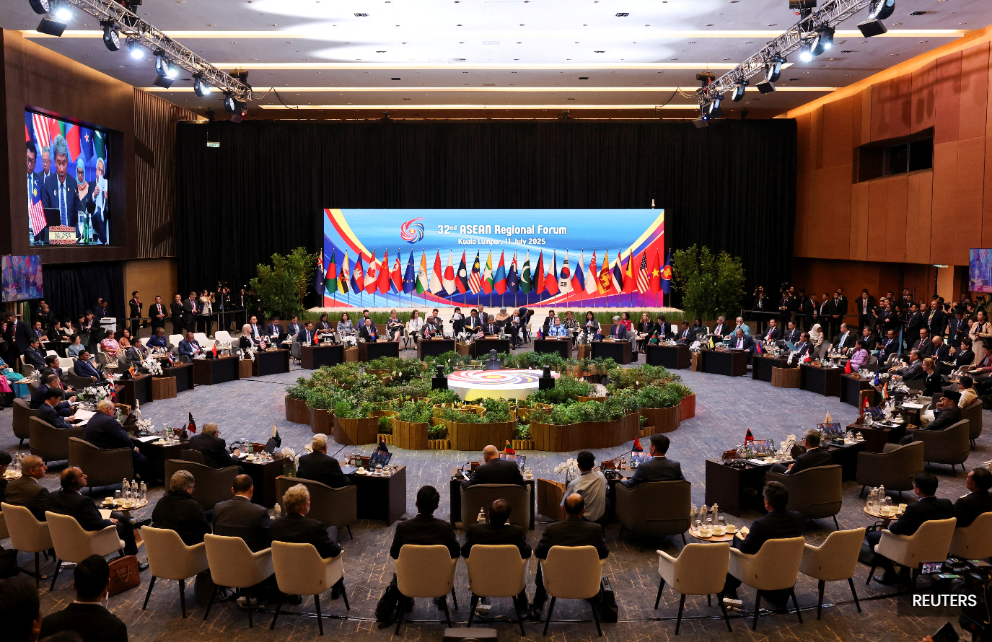BEIJING, Sept 8 — China is pushing the Association of Southeast Asian Nations (Asean) to sign an upgrade to their free trade agreement before the end of the year, Vice Commerce Minister Yan Dong said today, as Beijing seeks to diversify its exports amid United States (US) tariffs.
Negotiations on the upgrade concluded in May, paving the way for improved market access in sectors such as agriculture, the digital economy and pharmaceuticals between China and the 10-member state Asean bloc, with Beijing seeking to position itself as the "more open" major economy, while US President Donald Trump continues to target the region with punitive trade curbs.
"(China) will push for the formal signing of the protocol on upgrading the China-Asean free trade agreement version 3.0 by the end of the year," Yan said at a news conference in Beijing.
"In the face of unilateralism and protectionism in global industrial chains, China and Asean have insisted on multilateral cooperation to maintain the stability and smooth operation of regional industrial chains," he added, in a veiled reference to Trump's trade policy.
Last month, Chinese exports to Asean surged 22.5 per cent from a year earlier to US$57.1 billion (RM240.82 billion), making Southeast Asia China's top export destination by value. The jump helped counter a 33.1 per cent slump in US shipments to US$31.6 billion (RM133.27 billion).
China and the 10 Asean states are members of the Regional Comprehensive Economic Partnership (RCEP) as well, which also includes Japan, South Korea, Australia, and New Zealand, but analysts say the RCEP is a less ambitious trade deal, with weaker provisions on areas like e-commerce and phytosanitary standards.
Beijing has also applied to join the Comprehensive and Progressive Agreement for Trans-Pacific Partnership (CPTPP), which includes Australia, Brunei, Britain, Canada, Chile, Japan, Malaysia, Mexico, New Zealand, Peru, Singapore, and Vietnam, and is seen by analysts as the gold standard for trade policy.
China should be able to meet CPTPP's standards, trade experts say, forcing members to make a politically uncomfortable decision whether to let Beijing join a deal created to counter its growing influence.




